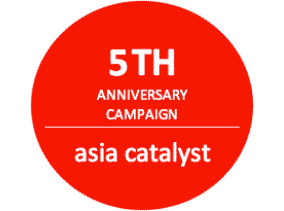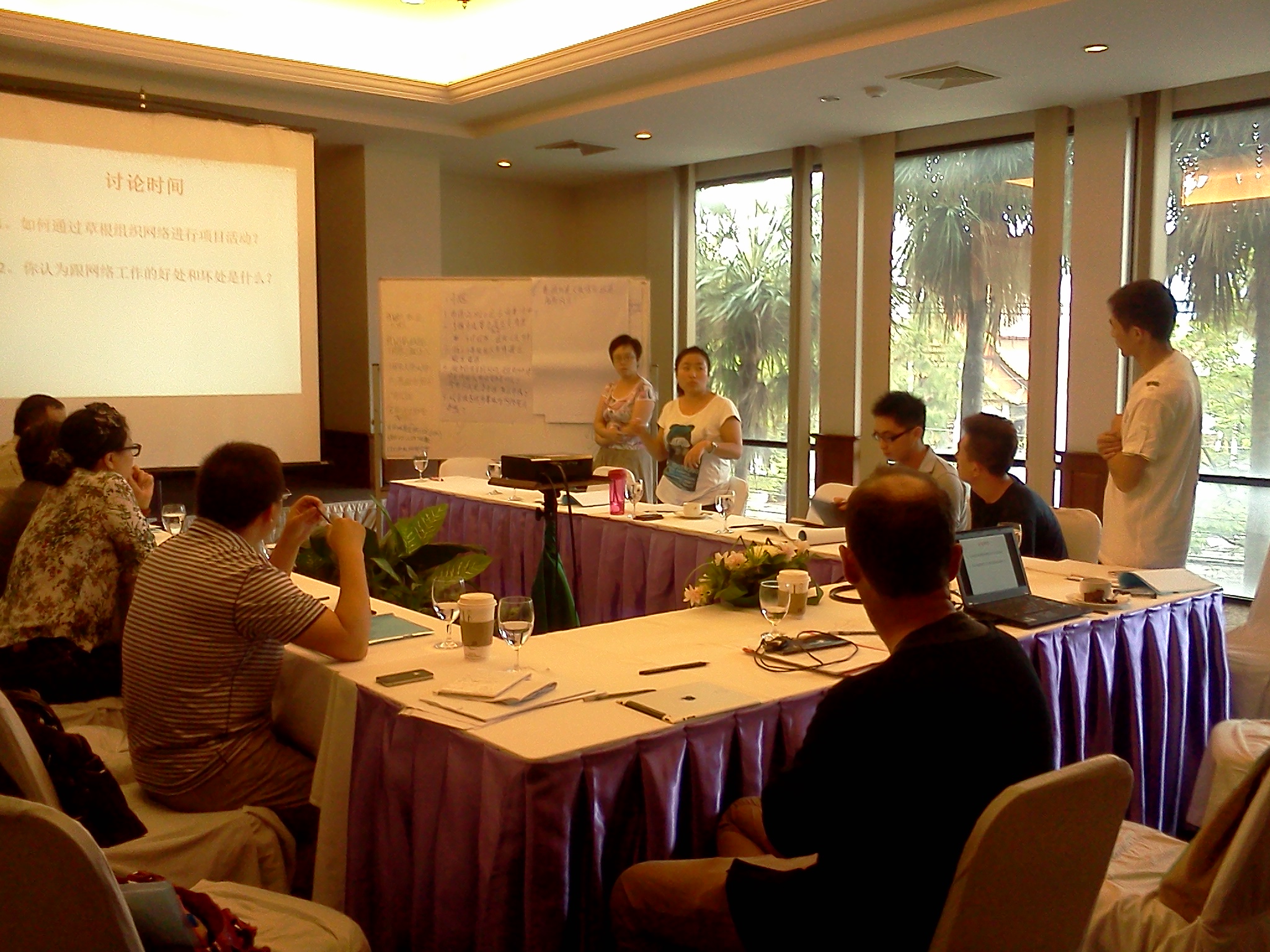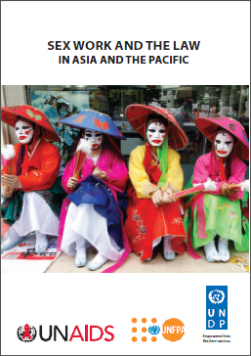作者:成卓, 成都E路相伴工作组
2012年7月,在300多人入职中航工业成都发动机集团有限公司时被要求检查乙肝项目。其中8名被查出为乙肝病毒携带者的应届毕业大学生遭拒绝录用。地的劳动保障部门对大学生的求助回复竟然是:”查出来了病就回家好好养病,还闹什么闹。” 成都e路相伴工作组利用这一案例,在国内盟友的协助下,成功利用媒体报道,倡导该企业修订其就业对乙肝携带着的录取标准,切实履行其社会责任。
作者:成卓, 成都E路相伴工作组
2012年7月,在300多人入职中航工业成都发动机集团有限公司时被要求检查乙肝项目。其中8名被查出为乙肝病毒携带者的应届毕业大学生遭拒绝录用。地的劳动保障部门对大学生的求助回复竟然是:”查出来了病就回家好好养病,还闹什么闹。” 成都e路相伴工作组利用这一案例,在国内盟友的协助下,成功利用媒体报道,倡导该企业修订其就业对乙肝携带着的录取标准,切实履行其社会责任。
We had a busy summer quarter – here’s a quick report-back on our coaching, training, and advocacy, as well as some exciting growth at the home front.
Celebrating our Fifth Anniversary–Board Matching Still Available
 This
ThisTRAINING FOR GRASSROOTS GROUPS

![]()
UNAIDS Rights, Gender and Community Mobilization Department strongly encourages the AIDS community to engage actively in these discussions to ensure that health and HIV remain high on the post 2015 agenda and that the experiences of community activism from people living with HIV, the rights and gender activists and broader AIDS community can inform and shape this important future agenda.

By Brian Bonci
A new report from three UN agencies, “Sex Work and the Law,” finds no evidence from countries of Asia and the Pacific that criminalization of sex work has prevented HIV epidemics among sex workers and their clients.” The new report, from the UN Development Programme (UNDP), the UN Population Fund (UNFPA) and UNAIDS examines 48 countries in Asia and the Pacific to assess laws, legal policies and law enforcement practices that affect the human rights of sex workers and impact on the effectiveness of HIV responses.
By Mike Frick
The website Seeing Red in China recently published a translation of Dr. Wang Shuping’s first-person account of how she discovered China’s HIV tainted blood disaster while working as a physician in Henan Province in the early 1990s. A hepatologist by training, Dr. Wang first observed widespread hepatitis C contamination in samples collected from plasma donors. Knowing hepatitis C and HIV could both be transmitted through blood, Dr. Wang used her own savings to establish a center that began testing blood donors for HIV. Among the first 409 samples she tested in 1995, she found that 13% tested positive for HIV. These findings earned her rebuke and harassment from local officials, who shut down her clinical testing center and tried to suppress her findings.
Dr. Wang’s story provides a personal account of the early years of the Chinese HIV epidemic when physicians began to discover the frightening extent of central China’s contaminated blood supply. Subsequent efforts to secure compensation for the tens of thousands of people affected by the disaster have been unsuccessful, as a January 2012 joint report by Asia Catalyst and the Korekata AIDS Law Center showed.
In 2001, Dr. Wang left China for the United States, where she worked as a hepatitis C researcher for many years. She
is currently studying for a degree in public health.
Read the English version of her account on Seeing Red in China and the original Chinese on the overseas advocacy website Can Yu.